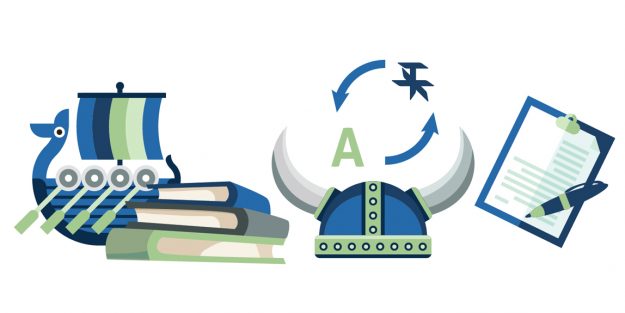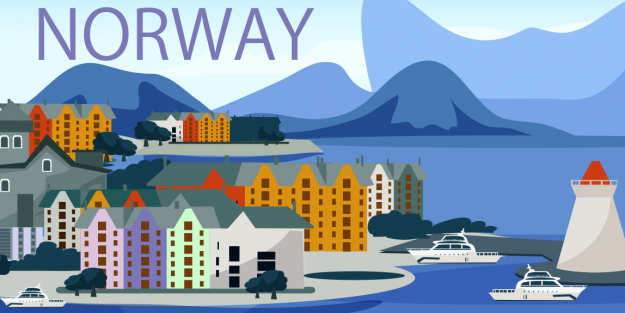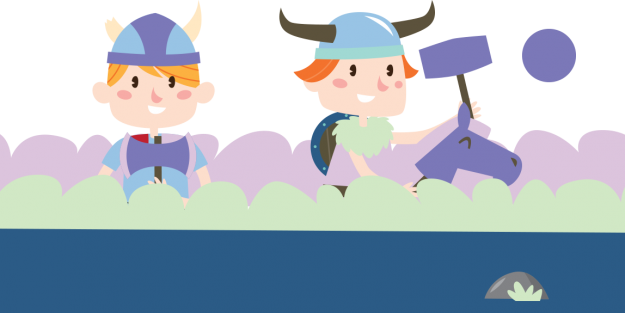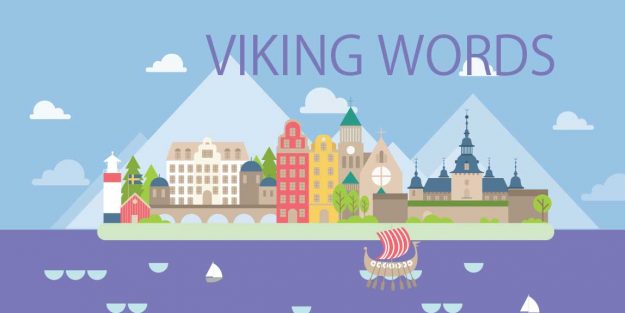Which Translation Certificate Does USCIS Approve?
Our whole lives are based on reward and approval systems. Even before we start comprehending things and how the world works, we learn this that we will get rewarded for doing the right things. We knew early enough that we will only get approved by our elders if we don’t do naughty things. When we go to school, we develop the same relationship with our teachers, a relationship that is based on conditions. You get approval if you fulfill the conditions. As we grow up, we realize that our whole lives are based on these same principles. When we continue to be the ideal friends, our peers approve of us. If we refuse to be a part of their silly practices, we will be rejected by our peers.














